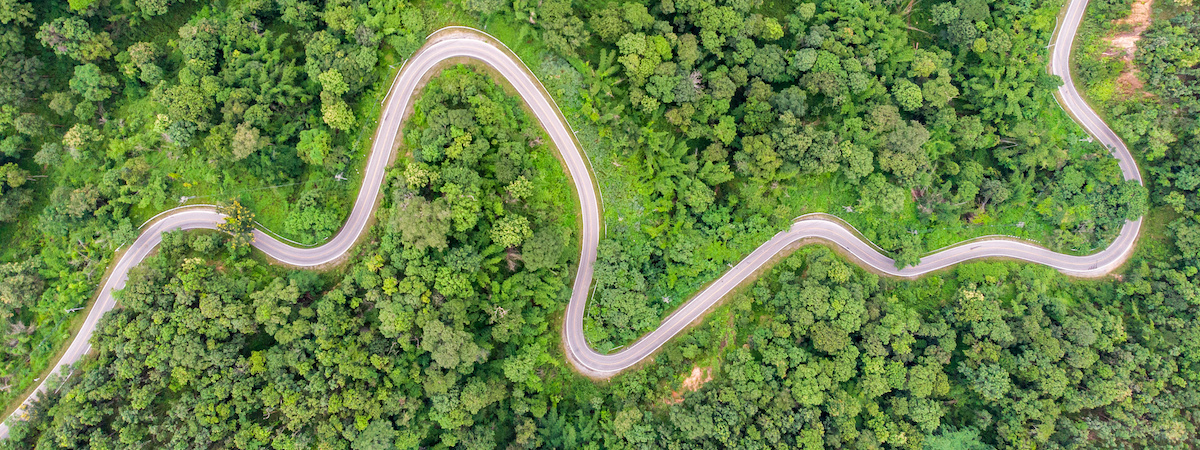From essays to interviews, excerpts to blog posts, reading lists to poems, we publish around 350 pieces a month at Lit Hub. And while we are proud of all of the 4,000+ pieces we’ve shared in 2022, we do have our personal favorites. Below are a few of the Lit Hub features the staff loved best from this past year.
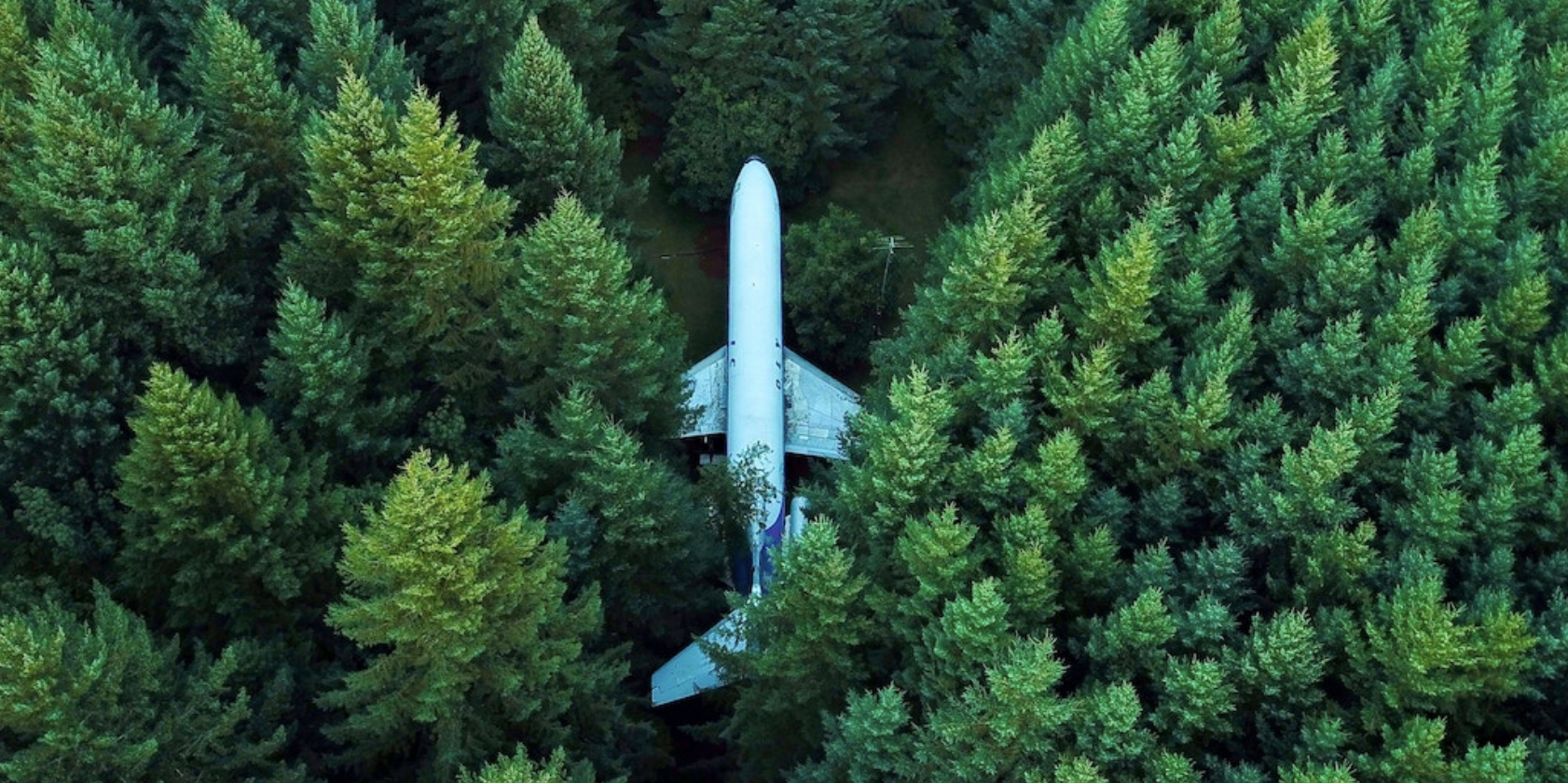
Snapshots at the End of Travel: On Trying to Enter a Personal No-Fly Zone
by Amy Benson
In this incredible, far-reaching essay, Amy Benson wrestles with the moral conundrum of air travel in a world rendered increasingly unlivable by the burning of fossil fuels. Unlike other such calls for abstinence, though, Benson’s register here is more reverent than hectoring, as she unpacks a life of travel and discovery in a way that raises the stakes of her own decision. Deeply researched and deeply felt, this is what contemporary “travel” writing should look like.
–Jonny Diamond, Editor in Chief
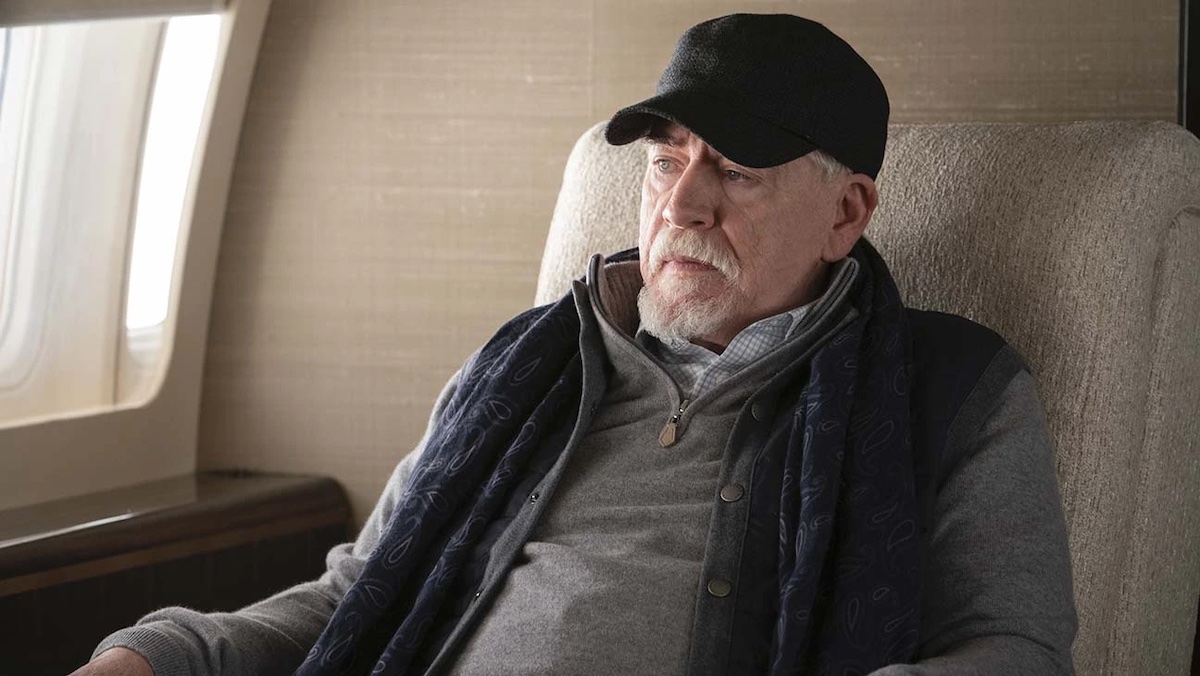
Saying Goodbye: Hannah Lillith Assadi on Brian Cox, Logan Roy, and Her Father
by Hannah Lillith Assadi
We published Hannah Lilith Assadi’s gorgeous essay the day before the series finale of Succession. While the rest of the internet obsessed over what was going to happen to the eldest boy, Hannah turns inward with a personal essay about her dying father—a huge fan of succession and Logan Roy. In an essay in weaves in motherhood, teaching, grief, and a chance encounter with Logan (Brian Cox) in a supermarket, she tells the story of her father’s last months and the life he lived. I love how she’s taken an almost universal cultural moment and makes it a personal essay. Pass the tissues.
–Emily Firetog, Deputy Editor

“The Interviewer Wants to Know About Fashion”: A Poem by Hala Alyan
by Hala Alyan
I’ve read this poem by Palestinian-American writer and clinical psychologist Hala Alyan a dozen times since we published it last month—ten days after Israel’s war on Gaza began—and every time I do it breaks my heart.
I don’t know what they couldn’t do.
I only know that enormous light.
Only that roar of nothing,
as certain and incorrect as a sermon.
–Dan Sheehan, Book Marks Editor-in-Chief
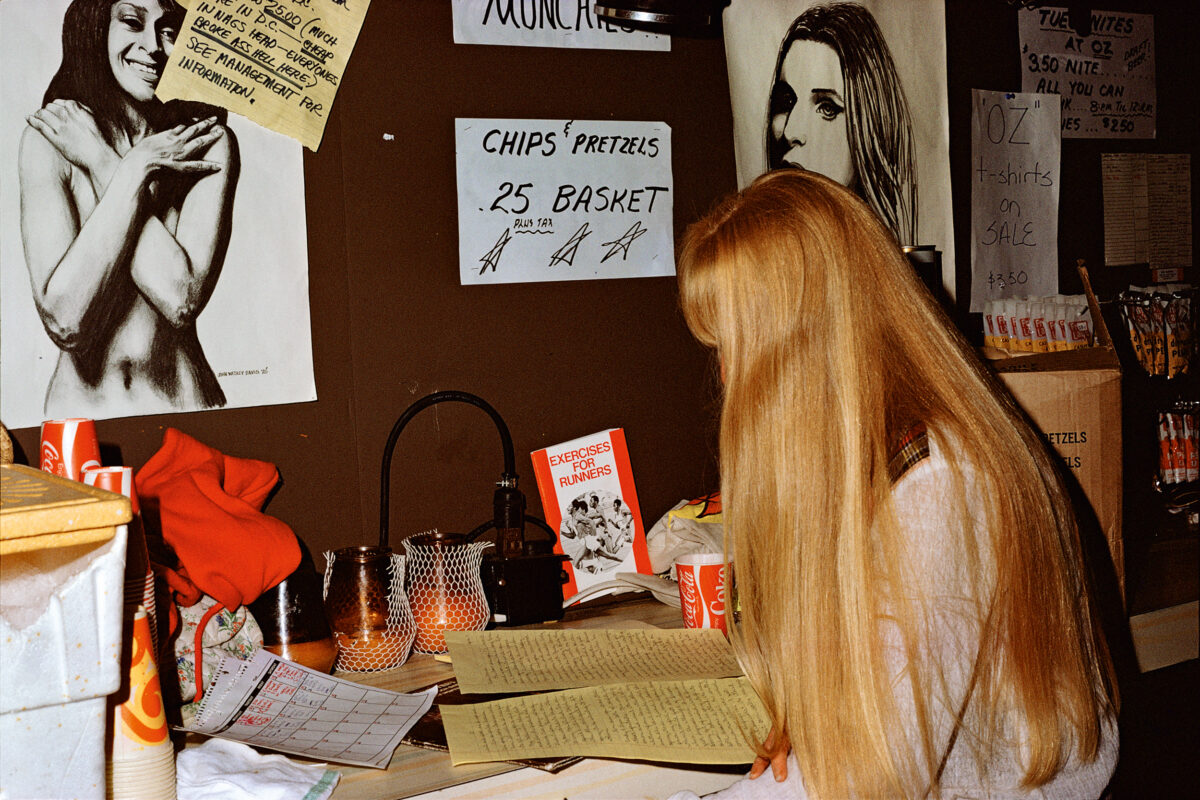
Self-Portrait in Other People’s Pictures
by Rebecca Bengal
It could be my total lack of spacial awareness, but I sometimes find writing about art difficult to grasp. The tightrope of description and feeling is a tricky one to walk—list to one side and you risk sounding like a Wikipedia page; the other, you’ve got a longform had-to-be-there. When I first read Rebecca Bengal’s glorious essay—one of the most lovely and economical memoirs of childhood I’ve ever read—it had no visual accompaniment, but Bengal’s words had the effect of simultaneously conjuring the images and illuminating a universe around them.
–Jessie Gaynor, Senior Editor
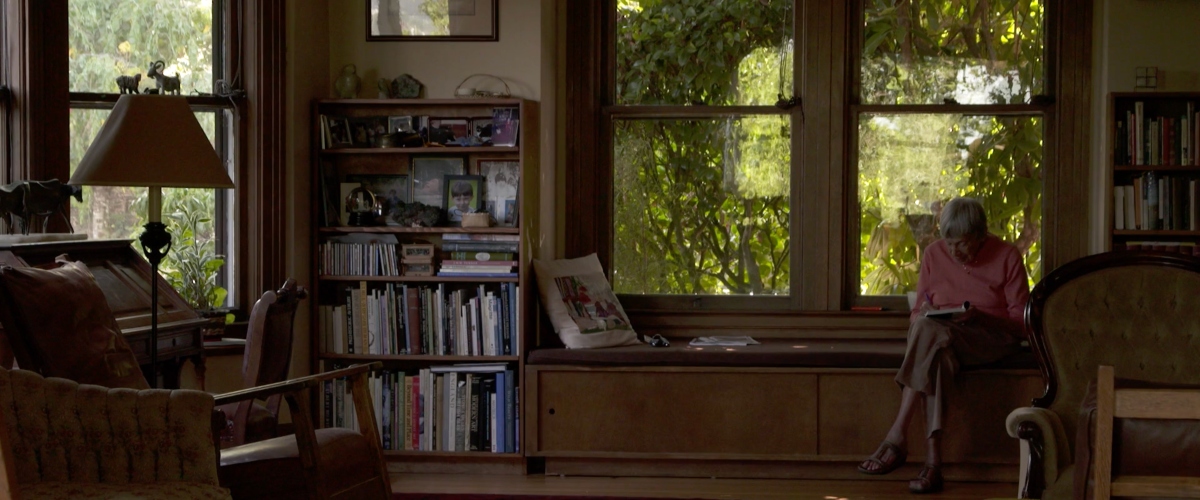
Ursula K. Le Guin on Her Writing Process
by Arwen Curry
Did you know we ran a very cool video series on Ursula K. Le Guin this year? Produced by Arwen Curry, director of the Hugo Award-nominated feature documentary Worlds of Ursula K. Le Guin (2018), the six-part series of original shorts features never-before-seen footage (childhood photos! Ursula’s cat!) and interviews with Ursula herself. They’re all worth a watch—and accompanied by excellent introductions from other authors and Ursula’s three children—but I especially loved this one on her writing process. There’s something about seeing her (beautiful) study, and witnessing a legend edit her book manuscript with Track Changes like the rest of us chumps—that soothes the soul. I also greatly enjoyed the introduction from Ursula’s son and literary executor, Theo Downes-Le Guin, who points out that despite his mother’s unwavering work ethic, her writing process also included copious naps.
–Eliza Smith, Special Projects Editor
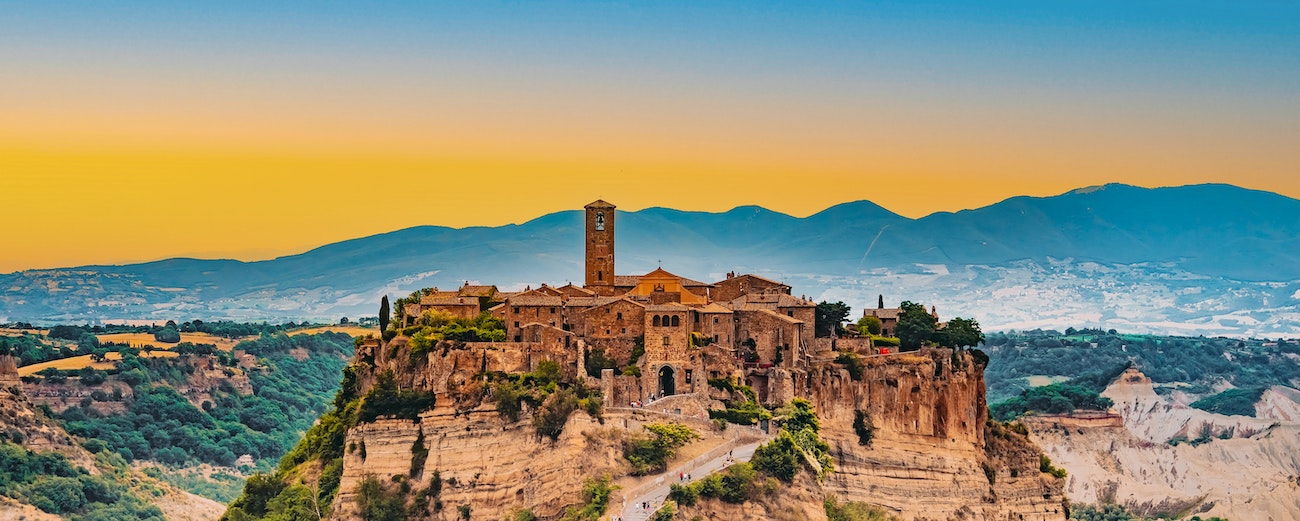
An Excellent View of Oblivion: On Italy’s Vanishing Towns
by Dominic Smith
I have always been fascinated by abandoned places; in this essay about the crumbling towns of Italy, Smith taught me to be fascinated by the semi-abandoned places too. This is good, and would be good enough to please me on any regular day, but this combined with his own personal story of abandonment—both literal and metaphorical—this piece manages to be one of the most gripping, and resonant, stories I’ve read this year.
–Emily Temple, Managing Editor
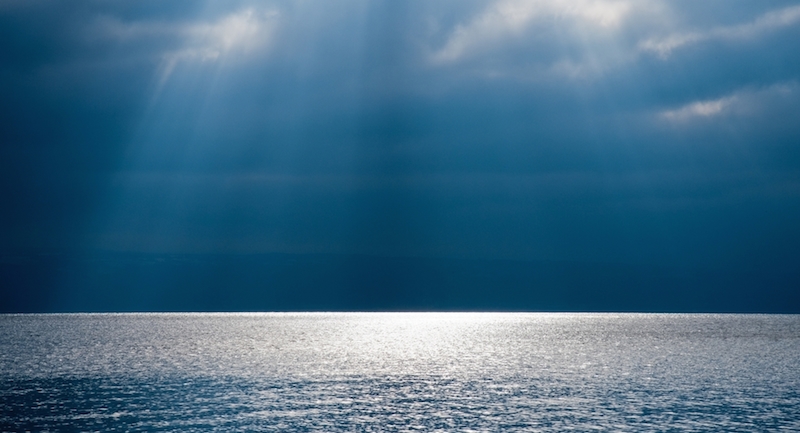
Aleksandar Hemon on Living at the End of Time
by Aleksandar Hemon
An excerpt from the last issue of Freeman’s, Aleksander Hemon wrote a fittingly poignant rumination on endings, or “conclusions,” as he and his father would say. It’s a moving, funny, sad piece of writing that looks directly at the dark question we’re encountering today as writers: what’s the point? What can writing, or anything, really do in the face of the constant apocalyptic “global rupture”? As Hemon says, he feels that everything he loves is ending, and one would have to be a totally unaware, indifferent person to not know that too. Even so, Hemon manages to believe in something lasting, and our ability to experience joy and pleasure on this earth, and our need for writing and for endings bespeaks our ability to love, and to believe in the future. Hemon’s specific mix of accepting the darkness, accepting the end, along with the low level thrum of possibility, and life, was the voice I needed now more than ever.
–Julia Hass, Contributing Editor

Excerpt from The Pole
by J.M. Coetzee
A South African who grew up speaking Afrikaans but writes in English, is an Australian citizen and now publishes his books first in Spanish, J.M. Coetzee is possibly the most decorated writer in the world, having won the Booker twice, along with the Nobel. Following on from his equally elusive Jesus trilogy, The Pole is a continuation of Coetzee’s exploration of Late Style, this time focusing on the possibilities of romantic love in one’s twilight years, in the cracks between languages.
–Samuel Rutter, Contributing Editor
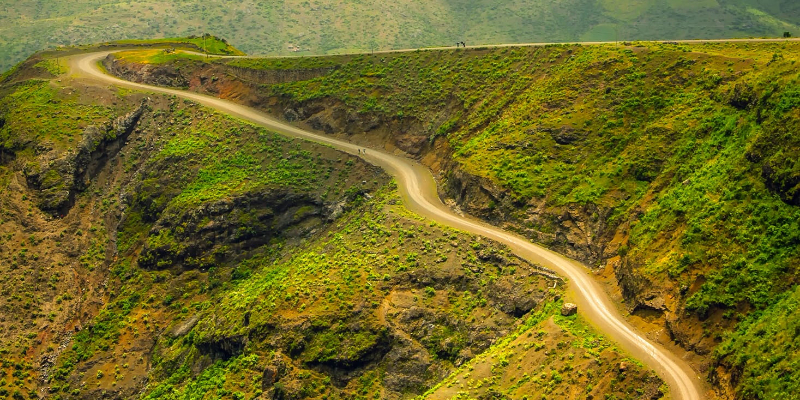
Mihret Sibhat on the Stories Our Names Tell
by Mihret Sibhat
Mihret Sibhat’s essay explores the origin of Ethiopian names, the irony of the meaning of her own (“I am the least merciful person I know, so it is funny to me that my name is mercy.”), and the transformative power of fiction. “Our names are mere titles for the stories our parents want to tell about us,” she writes, “and stories don’t lose their truthfulness just because the titles aren’t factual.” A personal essay and a craft essay rolled into one, it’s an essay I haven’t been able to stop thinking about.
–Emily Firetog, Deputy Editor

Grace E. Lavery: You Already Write How You Write, Just Give In.
by Grace E. Lavery
My perennial plea to all contemporary literature, whether its aim is humor or not, is to be funnier. Grace Lavery, of course, is way ahead of me. In this craft essay, she writes about sobriety, routine, and the mental barriers we construct for ourselves. The essay manages to be extremely funny, deeply personal, and replete with genuinely useful writing advice. Next time I’m banging my “humor isn’t deflection, it helps us sit more deeply in feeling actually” drum, I’m just going to pull up this essay.
–Jessie Gaynor, Senior Editor

Excerpt from My Work
by Olga Ravn
Olga Ravn’s first novel to appear in English, The Employees, was one of my favourite books of 2021: a science fiction novel set in space, that reads like something between an HR questionnaire and a captain’s log. In My Work (translated from the Danish by Sophia Hersi Smith & Jennifer Russell, the world of work (creative and commercial) is subsumed by the otherworldliness of motherhood, told in fragments and sketches.
–Samuel Rutter, Contributing Editor
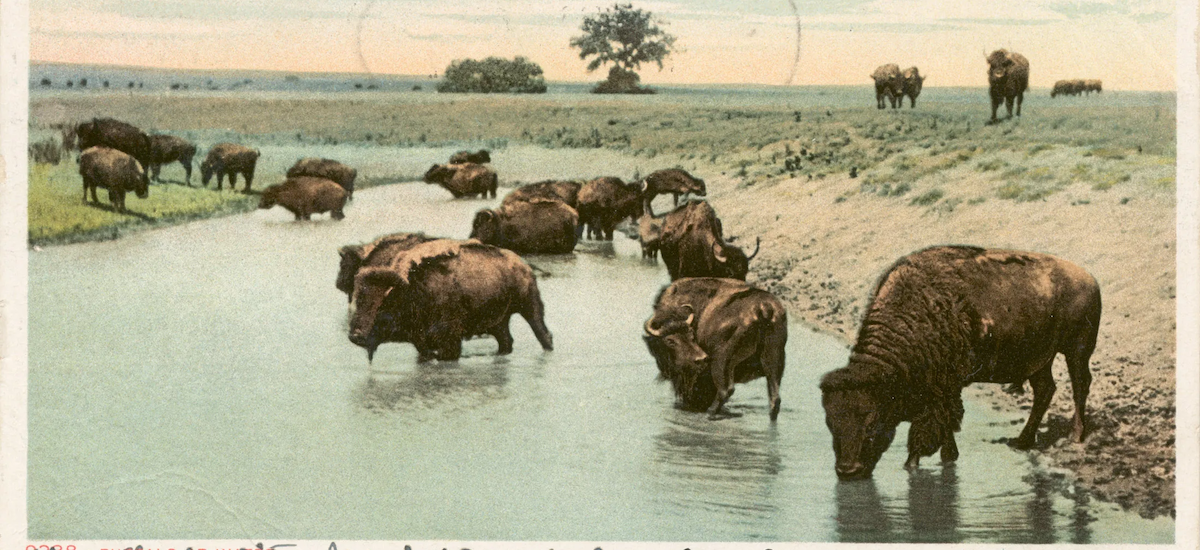
How the Iron Horse Spelled Doom for the American Buffalo
by Dayton Duncan and Ken Burns
I live in Western Wyoming, on the edge of Yellowstone National Park, home to the oldest and largest public bison herd in the United States and the only place in the US where free-ranging bison were never extirpated. They are, to my mind, the most beautiful creatures in the country, and every time we drive into the park to gawk at them, I feel a tremendous sense of calm. Of course, calm is not a word you would readily associate with the modern history of the American bison, a species that was hunted to near extinction by the 1880s. This excerpt from Ken Burns and Dayton Duncan’s Blood Memory: The Tragic Decline and Improbably Return of the American Buffalo, a companion book to the PBS documentary which aired earlier this month, is a grim but fascinating window into the reckless decimation of these beautiful creatures during the years of westward expansion.
–Dan Sheehan, Book Marks Editor-in-Chief

Greta Gerwig’s Paradise Lost
by Orlando Reade
Of all the Barbie discourse this year (and full disclosure: I loved the movie), Orlando Reade’s piece on the parallels between John Milton’s epic poem and Greta Gerwig’s blockbuster was my favorite. There’s shade (“The New Yorker critic who complained that Barbie’s color palette made him feel he was being ‘waterboarded with Pepto Bismol’ should read Paradise Lost only after consulting his doctor”); amusing parallels between Adam and Ken, both suffering from low self-esteem; and fruitful conversation about the intersections of art and politics. All that in under 1,500 words, and available for free from your favorite literary website.
—Eliza Smith, Special Projects Editor
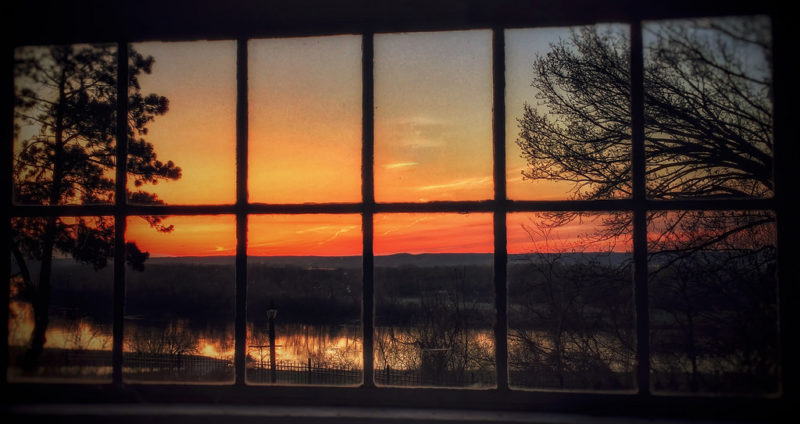
“I Open the Window,” a Poem by Jane Hirshfield
by Jane Hirshfield
A wartime poem, if I’ve ever heard one, “The Asking” revolves around the comfort of not knowing, of willfully remaining blind. With its imagery of sirens, and city noises, it brings to mind the serenity of suburban life, the bliss that can come from not having to bear witness to hardship in life. Now more than ever, we need to know the necessity of being an involved, aware citizen during atrocity. Helpless as it can make us feel, to show up, speak up, and take action on behalf of people being silenced is a moral requirement. Jane Hirschfield knows this, amidst the thunder, amidst bloodshed, “I wanted / not to be / the one sleeping soundly.”
–Julia Hass, Contributing Editor
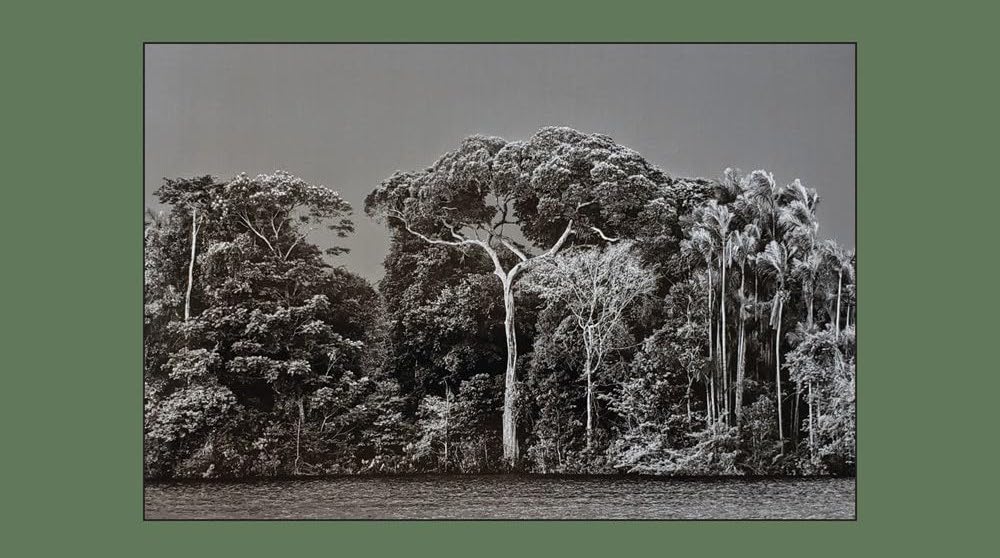
“A Practical Guide to Levitation”
by José Eduardo Agualusa
José Eduardo Agualusa’s novels and stories come to us from the fertile ground between history and fiction: steeped in the past of his native Angola (along with the rest of the Lusosphere, including Mozambique, where he has resided for a number of years) his novels, most notably A General Theory of Oblivion (Archipelago Books, 2015, trans. Daniel Hahn) communicate the sweep and scope of historical events while emphasising the interconnectedness of its human actors. This story takes place at a party in Río de Janeiro—what’s not to like about that?—where our curmudgeonly narrator, a purveyor of coffins no less, meets a stranger who offers to teach him how to levitate.
–Samuel Rutter, Contributing Editor
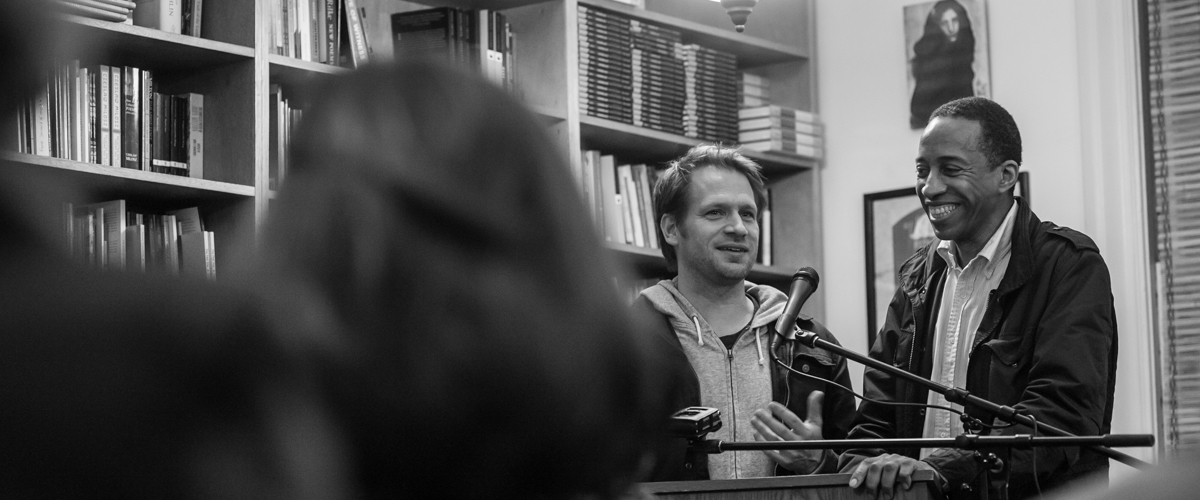
On the Ending of a Literary Journal
by John Freeman
Why do people choose to end things? Indeed, why do people choose to start things, even? John Freeman’s thoughts on the end of his eponymous literary magazine manage to be a stirring eulogy, an encouragement to other writers, and a surprisingly hopeful assessment of the literary magazine landscape—no small task, in these days of closings and cost-cutting.
–Drew Broussard, Contributing Editor
